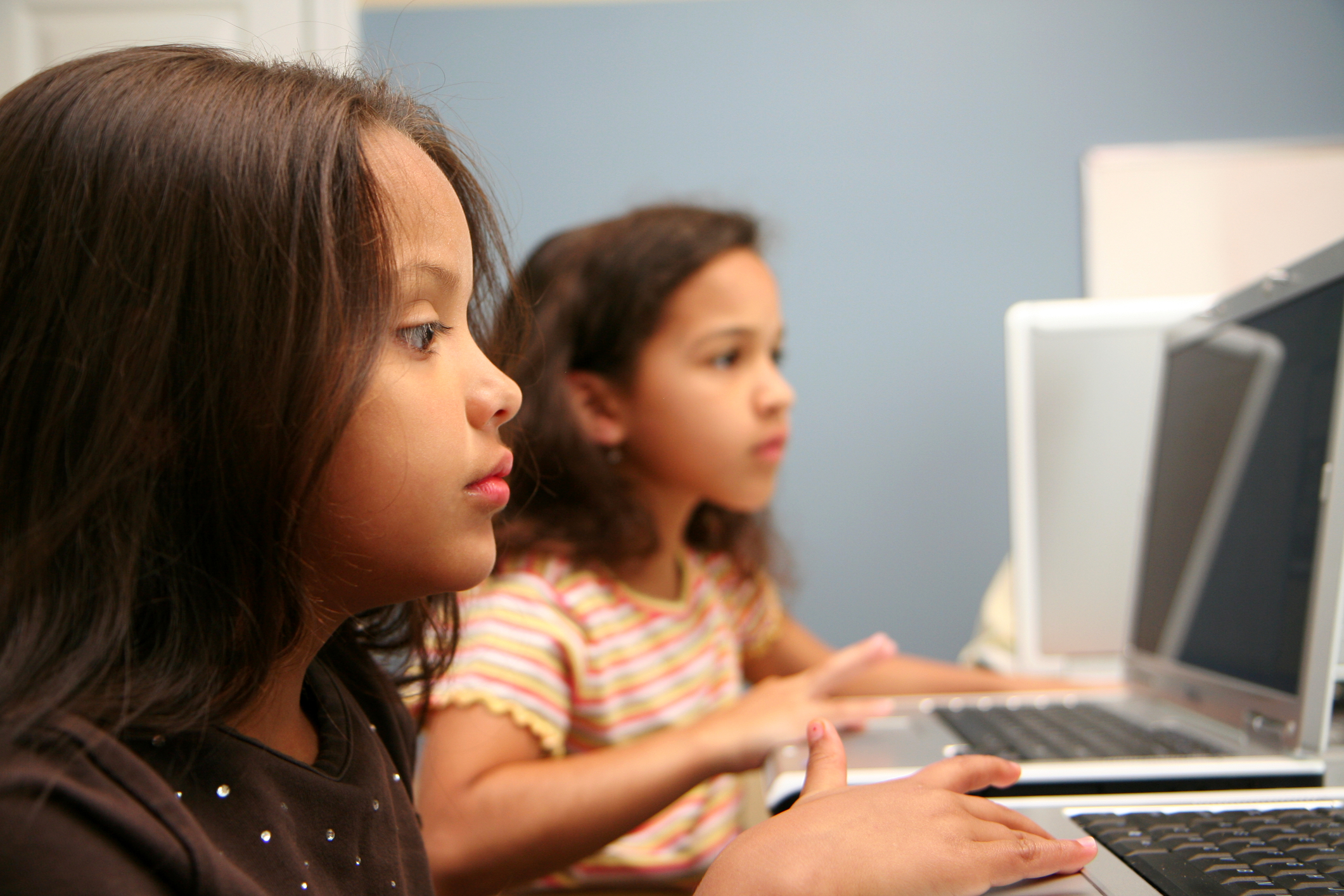- September 22, 2025
AI-powered schools arrive in Florida. Revolution or risk for kids?

Before we get into what its critics say, let’s hear what the Alpha schools say about their teaching methods.
According to the company’s website, these are K-10 private schools “where kids crush academics in 2 hours” and “build life skills through workshops.”
They don’t have teachers, but “guides” — adults who oversee the AI learning and run life skills workshops in public speaking, financial education, coding and entrepreneurship.
The Alpha school system’s basic selling point is that, thanks to learning with AI help, elementary and high school students can do all their classwork in just two hours a day in the mornings. That allows them to spend the afternoon in the workshops.
“Really? A school without teachers, where kids study core subjects just two hours a day?” I asked the Alpha schools’ director, Tasha Arnold. She presides over the network that already operates in Texas, California, New York, Arizona and Florida, and plans to open about a dozen new branches soon.
Arnold, a Ph.D. in education, confirmed to me that students spend just two hours a day on subjects such as math and reading.
“The guides are not teaching content in the traditional way,” she told me. “They’re using their psychology knowledge, the motivational models and tools that we’ve given them to help children find their passion in the afternoon workshops.”
But how can the kids learn math, English and other basic subjects in just two hours a day, I asked.
“Because we’re able to really tailor each lesson to each child, and what we’re finding is that it only takes two hours a day for them to learn,” she responded.
Kids cannot sit still and stay totally focused on a specific subject for more than one or two hours, she said. Having the AI software tailor classes to each student, instead of having a teacher deliver the same lesson to the entire class, allows kids to learn much faster, she explained.
But, I asked, if children learn with an AI software in front of a computer screen, won’t they just copy and paste what they find in ChatGPT? Won’t they become lazy, use their brains increasingly less, and over time become dumber?
A recent MIT study found that using ChatGPT and other chatbots is likely to reduce students’ cognitive skills. Many experts stress that the brain is like a muscle — if you don’t use it, it atrophies.
Arnold responded that the Alpha schools don’t allow students to use ChatGPT or any other chatbots, precisely to keep them from cheating. Instead, the kids study with a specially designed AI learning software that asks them questions, until the students reach the correct answers, she said.
Asked how the children perform academically, Arnold said the school ranks very high in standardized tests. Skeptics warn this may be partly due to the fact that many Alpha school students come from wealthy, highly educated families. The school’s tuition is $40,000 a year or more, depending on the location.
Many experts caution that, while AI-driven educational software programs such as the Khan Academy’s Khanmigo can be great after-school tools to help children do their homework, it’s not proven that the Alpha schools’ “two-hour learning” method works.
First, it may work for children who have two well-educated parents at home who help them with their schoolwork. But it may not work in poor or one-parent families, when there’s little family help at home, they say.
Emiliana Vegas, a professor of education at Harvard, told me that students at Alpha schools “are clearly very different from most children who go to public schools.”
Second, even if children are taught with educational AI programs, if they have access to ChatGPT, they will most often use it.
Rebecca Winthrop, an education expert with the Brookings Institution, told me that “there’s enough early evidence to show that if young people offload their thinking and have AI do it for them, they won’t develop their learning processes.”
Third, learning with AI can increase screen addiction among children, and hurt their emotional well-being.
I have always been a big fan of using technology in schools, since I wrote a book about innovations in education around the world a few years ago. But since the arrival of AI, I’ve become more cautious about it.
In addition to the previous reasons, I worry that AI-driven schools, even with their human “guides,” may spend too much of students’ time on work-related skills and too little on teaching moral values, empathy and civility.
Alpha schools, or a version of them, may very well be the wave of the future. But we should be careful not to turn our schools into career boot camps. Otherwise, we’ll end up mass-producing soulless, self-centered, robotic youths.

